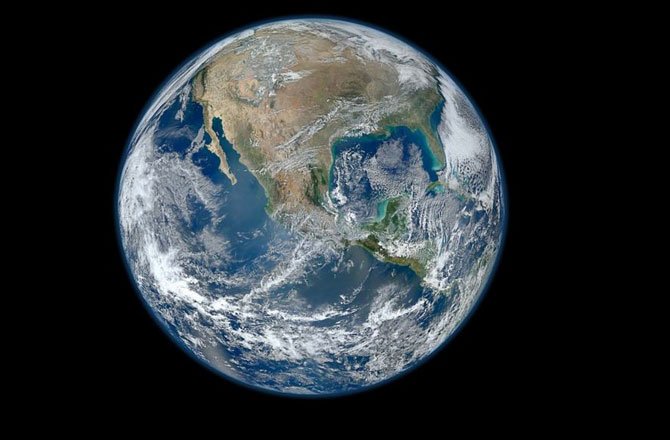Claim:
Climate change has only had “positive effects” on global food production.
Rating: False
The Viral Claim:
An October 20 Facebook post shared a graph showing global wheat, rice, and coarse grain production steadily increasing alongside global temperatures and CO2 levels since the 1960s. The caption claimed, “World grain production and amount harvested per acre show only positive effects from our changing climate.”
The post further argued that if climate change were harmful to food production, “recognizable negative effects” should have already appeared.
FactCheck Today’s Verification:
Contrary to the claim, scientific research and expert analysis reveal that climate change has had significant negative impacts on global food production. While CO2 fertilization can enhance yields in certain crops, most production increases are attributed to advancements in agricultural technologies, expansion of cultivated land, and improved practices rather than climate change.
Evidence and Analysis:
1. Scientific Findings:
Researchers, including Toshichika Iizumi from Japan’s National Institute for Agro-Environmental Sciences and Ehsan Eyshi Rezaei from Germany’s Leibniz Centre, confirmed:
- The increase in global grain production over the past 50 years is primarily due to the adoption of high-yield crop varieties, synthetic fertilizers, and expanded irrigation systems.
- Climate change has contributed measurable negative impacts on food production, especially at regional scales and among vulnerable populations.
2. Documented Impacts of Climate Change:
Studies demonstrate that:
- Crop yields in regions like Eastern Europe have stagnated or declined due to changing weather patterns since the 1980s.
- Climate-related droughts have reduced arable land in countries like Chile.
- Increased temperatures have exacerbated crop diseases, driven pest proliferation, and caused saltwater intrusion, leading to land degradation.
3. CO2 Fertilization Effects:
While increased CO2 levels can boost growth for crops like rice and wheat, the benefits are:
- Highly variable across species and dependent on nutrient availability.
- Accompanied by reduced nutritional quality, as reported by the Lamont-Doherty Earth Observatory. Crops grown under elevated CO2 conditions often exhibit decreased levels of protein, essential minerals, and vitamins.
4. Compounded Challenges:
Weeds benefit disproportionately from CO2 fertilization, outcompeting crops and reducing herbicide efficacy. Furthermore, breeding progress and the use of inputs like fertilizers and pesticides remain the dominant factors driving production gains rather than climate change itself.
Supporting Sources:
- Studies linking climate change to stagnating yields in Eastern Europe.
- Analysis from Our World in Data showing slowed global production growth of soybean and maize due to climate effects.
- Expert commentary from the Potsdam Institute for Climate Impact Research and Columbia University.
Conclusion:
The claim that climate change has only “positive effects” on global food production is false. While global food production has increased, this growth is predominantly due to technological advancements and expanded cultivation. Climate change has already introduced recognizable negative effects on agriculture, which are expected to worsen as the climate crisis deepens.
Result: False Claim.
